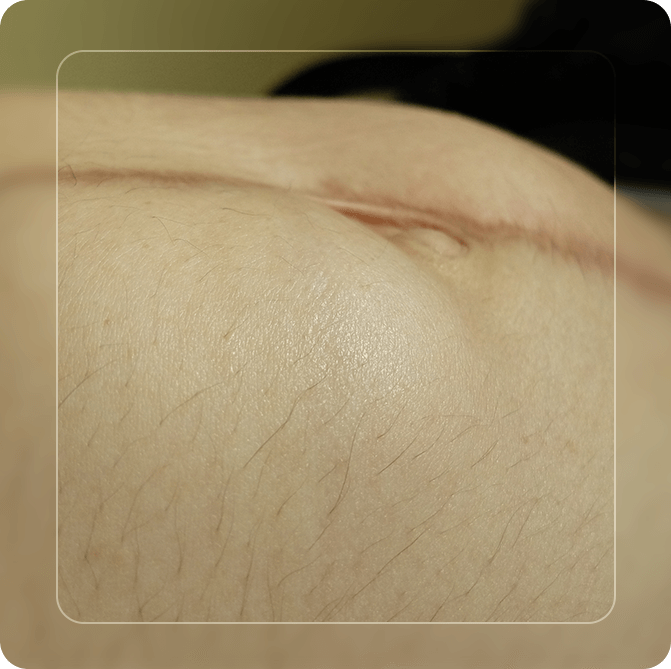Laparoscopic hernia repair is a surgical intervention to repair a weakness in the abdominal wall (muscle) by using a thin, lighted telescope and a mesh to patch the defect. This ensures less discomfort post-surgery, minimal scarring, as well as a faster return to the patient’s regular activity.
Benefits of Laparoscopic Hernia Repair
- Minimises postoperative pain
- Reduces the requirement for painkillers
- Can repair both sides via the same laparoscopic port sites for bilateral hernias
- Earlier return to daily activities and work
- Can be performed for recurrent inguinal hernia
Downside of Laparoscopic Repair
- Higher cost due to instrument/laparoscopic costs







